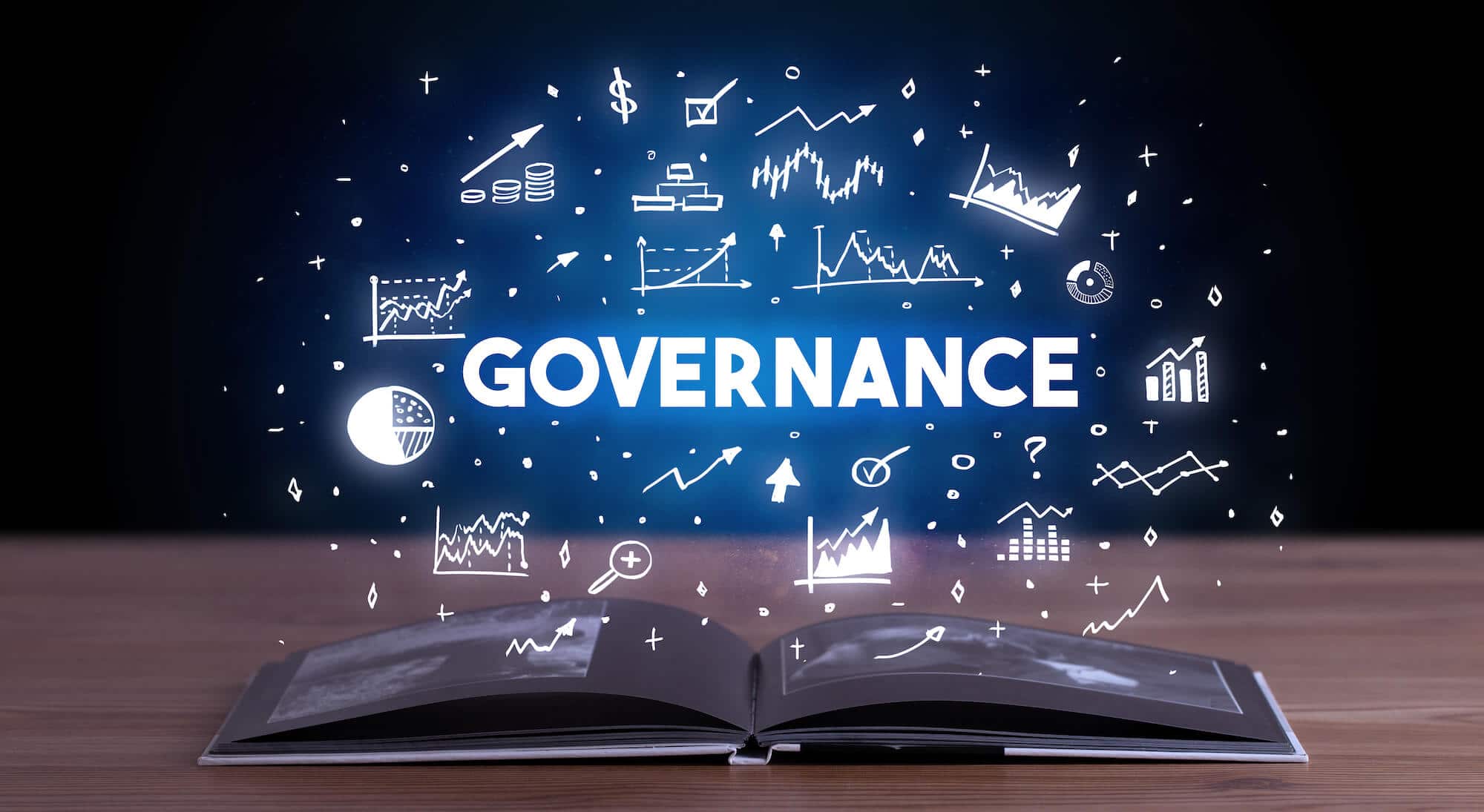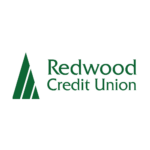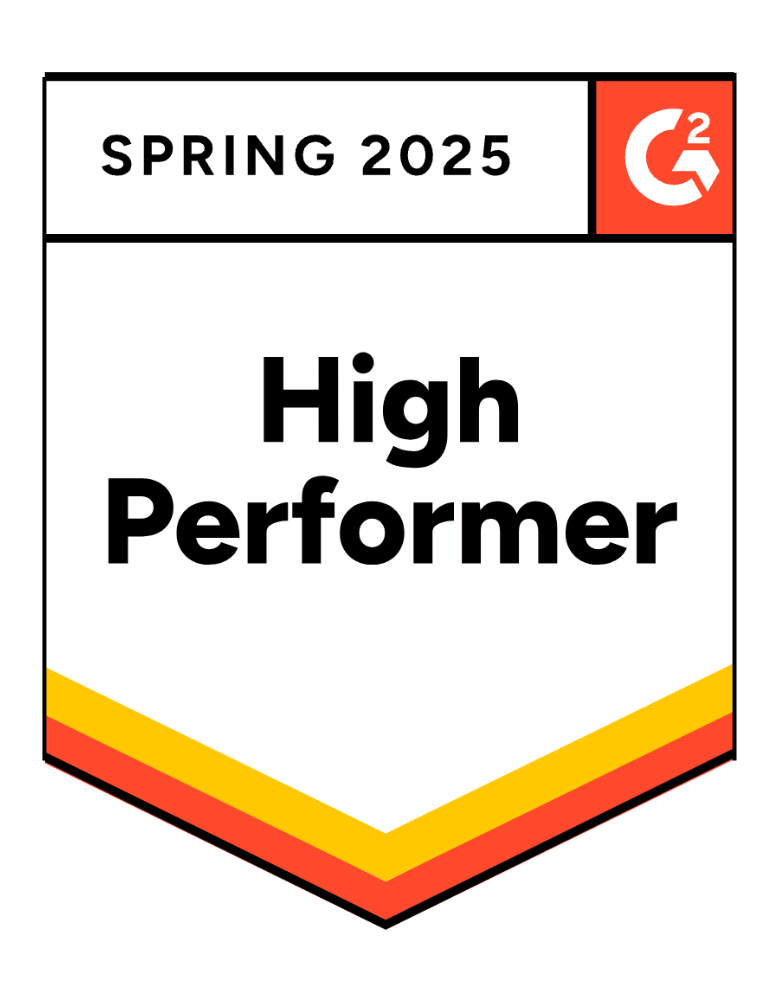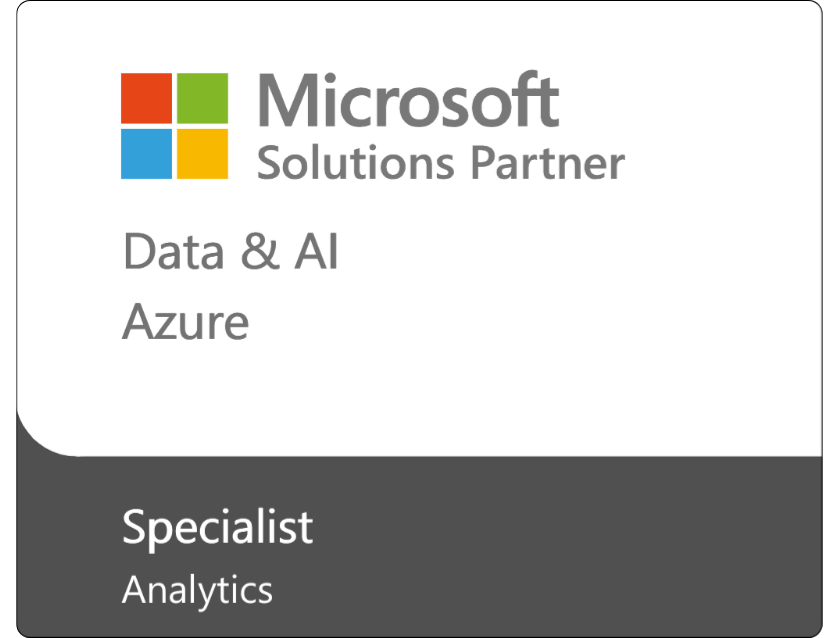As the gatekeepers of data analytics and technology, the CTO, CIO, and CDO have mountains to overcome every week. Data governance is perhaps one of the biggest mountains they must climb. When the right people and processes are in place, that mountain becomes scalable rather than impossible.
You want to empower your teams to make accurate and actionable choices that drive organizational success. To do this, you need a relevant roadmap for data strategy and data governance.
In a recent roundtable discussion, we asked three data analytics and technology experts from three very different organizations to reveal their top data governance practice. These insights will inspire your own data governance process, so you can continually improve collaboration and results.
1. Make data accessible through a single environment.
Carlos Rivero is the Chief Data Officer at Commonwealth of Virginia. This is his top data governance best practice…
Data is everywhere. In order to leverage it for actionable intelligence, it has to be made discoverable and understandable before being distributed or shared.
The Commonwealth Data Trust was developed to establish consistent requirements through a standardized data sharing agreement process while also providing a scalable alternative to multiple “point-to-point” sharing. Following this data governance best practice reduces technical costs by making data accessible through a single environment.
2. Build a people-focused data and analytics community.
Jay Franklin is the Vice President, Enterprise Data and Analytics at the First Tech Federal Credit Union. Here is his top data governance best practice…
I have been successful in data governance at multiple organizations by building an enterprise-wide data and analytics community. The community consists of members of all key departments and functions that create, modify, or consume data.
It is critical that the community has representation at all levels—from the executive team through VPs, middle managers, and individual contributors—with appropriate councils for each level. Community members are assigned clear accountability and responsibility for specific data sets. As members of a collective, cross-functional team, everyone works together to drive the changes required to build a data-driven culture.
Culture and community are essential. Starting with this people-focused foundation is the key to data governance success.
3. Provide a single source of truth for effective decision-making.
Marcus Merchant is the Director of IT at Olde Thompson and he shared the following data governance best practice based on his organizational experiences…
From a data governance perspective, we believe in using data and data science to enhance user experience and empower our people to perform their duties easier and more efficiently. For these things to happen, we make certain the data we provide to our users is the single source of truth, so we can be confident that everyone has the same baseline to make a quick effective decision.
In today’s data-driven environment, it’s difficult to navigate various resources that are readily available to any of our users, especially in the manufacturing and ERP space. It is our duty as leaders to provide the proper resources so teams make accurate decisions and trust the data that drives those decisions. Olde Thompson uses Power BI to provide this single source of truth to our staff in an efficient and user-friendly experience.
We have also opted to partner with an experienced third party to manage this data, allowing industry experts to guide us in making best-in-class decisions. We run a lean technical staff internally and find that working with industry experts allows us to concentrate on growing and managing our business—not spending massive amounts of time keeping up with an industry that changes at an exponential rate.
We guide the third party on how we want to use this data and they guide us on best practices in presenting, managing, and securing that data. We view this as a win-win for both parties. We are both able to focus on business needs, improve operational efficiencies, grow our portfolios, and help lead the industry with our expertise.
The Collectiv team is ready to help you improve your data governance process.





























